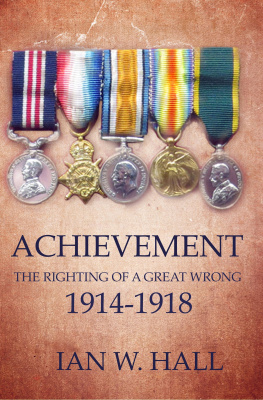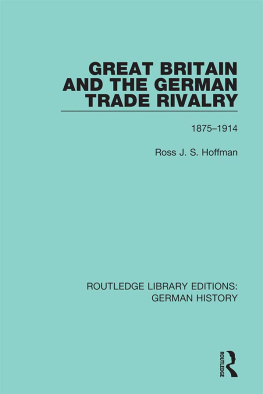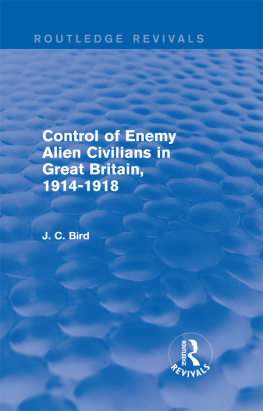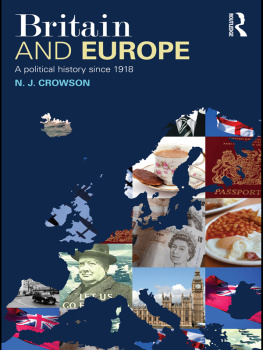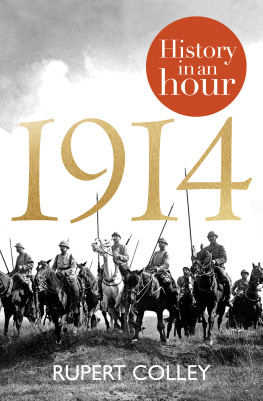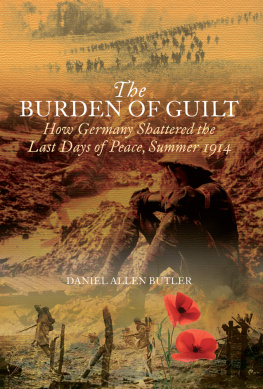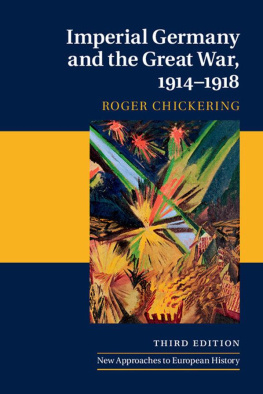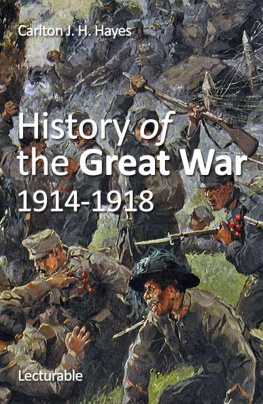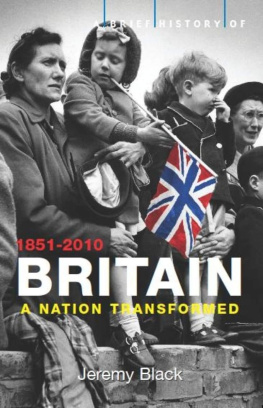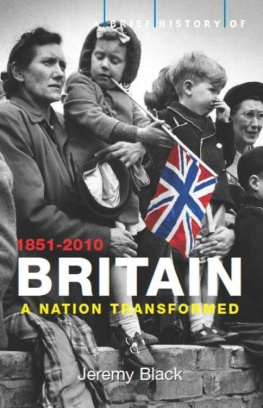ACHIEVEMENT
The Righting of a Great Wrong
1914-1918
A Commentary in Too Many Words
Ian W. Hall
Copyright 2013 Ian W. Hall
The moral right of the author has been asserted.
Apart from any fair dealing for the purposes of research or private study, or criticism or review, as permitted under the Copyright, Designs and Patents Act 1988, this publication may only be reproduced, stored or transmitted, in any form or by any means, with the prior permission in writing of the publishers, or in the case of reprographic reproduction in accordance with the terms of licences issued by the Copyright Licensing Agency. Enquiries concerning reproduction outside those terms should be sent to the publishers.
Matador
9 Priory Business Park
Kibworth Beauchamp
Leicestershire LE8 0RX, UK
Tel: (+44) 116 279 2299
Fax: (+44) 116 279 2277
Email:
Web: www.troubador.co.uk/matador
ISBN 9781783068630
British Library Cataloguing in Publication Data.
A catalogue record for this book is available from the British Library.

Matador is an imprint of Troubador Publishing Ltd
COVER
The photograph of medals on the cover was taken by Ellen Hall and subsequently enhanced professionally. They are the miniature (replica) medals of her great grandfather, Albert Lucas, showing the Military Medal, gazetted, February 1918, 19141915 Star, British War Medal, Victory Medal and Territorial Efficiency Medal. The originals of these awards are in the care of the Regimental Museum, The Royal Warwickshire Regiment, St. Johns House, Warwick.
Dedication
This commentary is added to the wealth of words already available as my recognition of a generation of Britons worldwide, who, realising the monstrous danger faced by their community, committed themselves with their Allies to right a great wrong and in so doing defeated over mighty ambitions with ferocious determination and a dignity of spirit that is their everlasting memorial.
Ian W. Hall.
Verwood,
Dorset.
PREFACE
The reader deserves some explanation to appreciate the reasons for this amateur expedition into the commitment of Britain and its Empire to the Great European War of 1914 to 1918, surely one of the most overwritten events of recent history. This account was not originally prepared with any ambition for commercial publication. For better or for worse it was prepared as an adjunct to the family history, often written in parallel with the affairs of the 700 or so relatives it has been possible to trace. This war touched the family only lightly but as their lives became more of a reality through the research, the consequences of the conflict for individuals and society were recognised. The trite observation that this could be the end of civilization as we know it, is both precise and, in its phrasing, a reflection of the Edwardian era; the world and society changed forever in a period of four years. From that appreciation came eventually the decision to offer this link in the continuum of history to a wider readership. This war though was only Act I of the epic Great European Tragedy.
I used my own life time experiences to explain lessons from the events of the Great War. Children born during the 1930s are now uniquely placed to offer a link with events of the way things were for subsequent generations who will only see a two dimensional image of events. Amongst those with whom we are familiar were: parents, grandparents, uncles, cousins of various degrees, who in numerous roles, experienced, fought and survived the Great War. We lived our childhood alongside those with experience of the previous war and matched their advice to our actions. We lived through Act II of the Great European Tragedy, the dark and dreadful events of the World War of 193945, accepting the requirements and constraints placed upon families, there was no alternative. As time moved on a curious change took place in the general perception of the two events. The second act of the tragedy from 193945 was seen to have a good purpose, the first from 191418 was a waste, bungled. Yet neither war was sought by Britain. And, Britain in concert with Allies defeated the enemy on both occasions. This is a contradiction not easy to reconcile with the judgments made by the nation and the governments both in 1914 and 1939. Each time the government of the day and the population at large was satisfied that war was the only just option. Each time the outcome was welcomed and counted as a job well done. Now there is a sharp divide; 14/18 bad war, 39/45 good war.
On the basis of the paragraphs above I am offering readers a plain mans guide to the Great War, on the Western Front, an opportunity for those new to the subject to focus their attention on critical aspects of events prior to and during the course of the war. It is not original research; the information draws on published sources for the main part of the text, there are a few very minor diversions into fiction to illustrate the character of Tommy Atkins which you will need to accept as written, plus an occasional quotation to reinforce my case.
The Great War did not appear in 1914 out of clear, blue, August sky; it was the first act of this two part drama that had been a couple of hundred years in the making. This is an invitation to take a journey, a package tour, with a guide for the excursions, each section and chapter dealing with separate aspects of events. The traveller will visit the nations of Britain and Continental Europe, wonder at the empty splendour of European Monarchies, have the pleasure of making a comparison with the comparable British systems, explore the foothills of the Industrial Revolution, look briefly on the United States of America and eventually Germany. The political, social, industrial and military context of events and organisation will be described as a way of introducing the tourist to a subject of enormous complexity in sufficient detail for anyone who wishes to take their studies further to recognise familiar landmarks of information in more detailed and academic accounts of events. We shall also make one or two diversions into the by ways of history to remind readers of events that shaped Britain in particular and its place in the world.
The title of this work betrays the sentiments of the author and I accept that I have made a case to substantiate the argument that, despite the casualty figures and the received wisdom of some pundits and portions of the media, Britain and her armed forces made the best of the difficult circumstances foisted on Europe by Germany in 1914 and the outcome deserves more credit than it receives. The British armed forces, the army in particular, receive some detailed attention in this account, the role and historical origins are described in brief, significant events and leading personalities that determined the outcome are reviewed and an attempt made to place them in the context of the time. There is though no detailed consideration of individual battles or actions. It was not the intention of this account to consider in exhaustive detail the innumerable events that contributed to the final result, others more competent and better informed than I have provided such material in numerous weighty volumes.
The Royal Navy and the Royal Flying Corps (subsequently the Royal Air Force) receive only limited attention, the navy because it did not participate in the war on the ground with the exception of one division of sailors (63 rd Royal Naval), the account of the contribution of the Royal Flying Corps is limited because it deserves and has received detailed accounts of its own from other writers.
For any consideration of this subject to have credibility the issue of casualties has to be addressed, providing a guide for the traveller on this topic was the most awkward of all the commentaries. There are two reasons, first there is no easily available source material on which the numbers of killed, wounded and prisoners agree and then there is the issue of interpretation as you will find when you reach this part of your travels, second there is the problem of emotion. For those whose families were devastated by the loss or injury of their kin there must be understanding and sympathy. For communities, who mourned the death of their young men, in particular when it was the outcome of the events of one day, the grief was real; no one should gainsay the despair experienced. The war memorials of the cities, towns and villages of Britain are not just public monuments, each one is the repository of personal grief and public respect.

